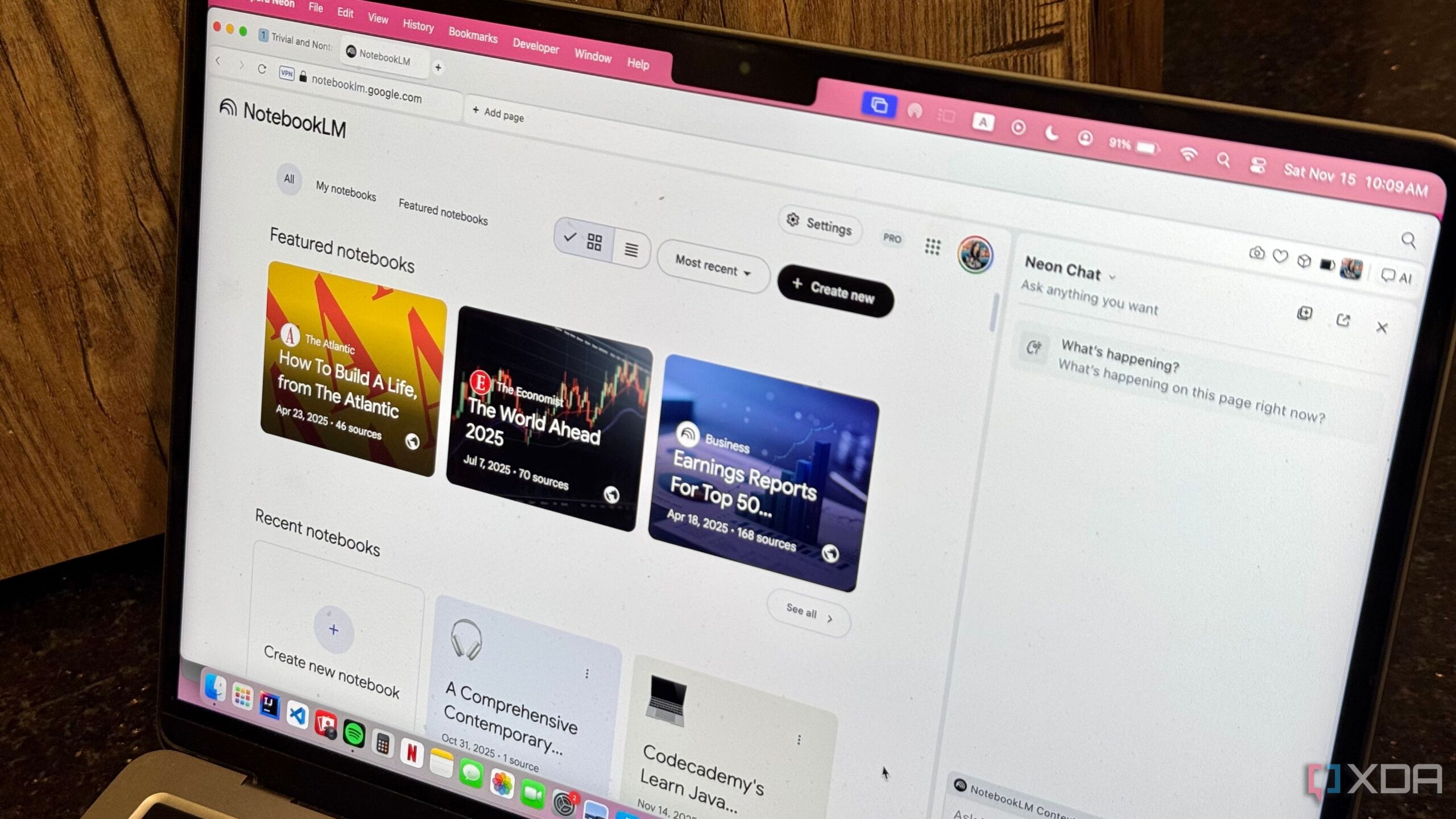BREAKING: New AI browsers are transforming the way users interact with Google’s NotebookLM, an innovative AI research tool launched in 2023. Users are reporting that integrating AI browsers into their workflows is enhancing their research capabilities and streamlining tasks like sourcing information.
This development comes as the tech community buzzes about the potential of AI-driven tools to improve productivity and efficiency. As AI browsers gain traction, users are increasingly abandoning traditional browsers in favor of these advanced systems. The impact on research processes has been immediate and significant.
Users have found that AI browsers, such as Opera Neon, offer unique agentic capabilities, allowing them to perform tasks autonomously, which is not possible with conventional browsers. By employing these features, users can quickly find and add relevant sources to their NotebookLM notebooks, enhancing their research without the tedious manual work previously required.
Why It Matters: The integration of AI browsers with NotebookLM means that finding new sources for research has never been easier. These AI-driven systems can autonomously search for relevant materials, set parameters, and add them directly to users’ notebooks. This advancement not only increases the efficiency of the research process but also ensures that the sources used are credible and tailored to the user’s needs.
Many users have reported substantial improvements in their productivity. One individual noted that by using the AI browser, they could switch to agentic mode and request sources on specific topics, saving countless hours typically spent on manual searches. This capability allows for a more targeted and relevant research experience, significantly enhancing the power of NotebookLM.
How It Works: The AI browser can gather sources and open them in separate tabs for easy review. Users can then quickly verify the quality and relevance of the content before asking the AI browser to add the sources directly to their NotebookLM notebooks. This automates a previously cumbersome task, allowing users to focus on the analysis rather than the sourcing.
The value of this integration extends beyond just sourcing. Users are discovering that pairing NotebookLM with other platforms, such as Notion and ChatGPT, further enhances their productivity. By automating repetitive tasks like scheduling and content organization, these tools work in harmony to minimize manual input.
For instance, students preparing for exams can leverage NotebookLM to generate practice questions efficiently. By instructing the AI browser to send prompts and format responses automatically, users can create comprehensive study materials without getting bogged down in repetitive steps.
The human impact is clear: as these tools evolve, they empower users to conduct research more effectively, ultimately enhancing learning outcomes and productivity across various fields.
What’s Next: As AI browser technology continues to develop, users can expect even more innovative features that will further streamline workflows. This trend signifies a potential paradigm shift in how individuals approach research and information management.
With these advancements, the tech community is buzzing with excitement about the future of AI in daily workflows. As more users adopt AI browsers, the landscape of digital research is likely to transform dramatically in the coming months.
Stay tuned for more updates as this story develops, and discover how these tools can enhance your research experience today!
